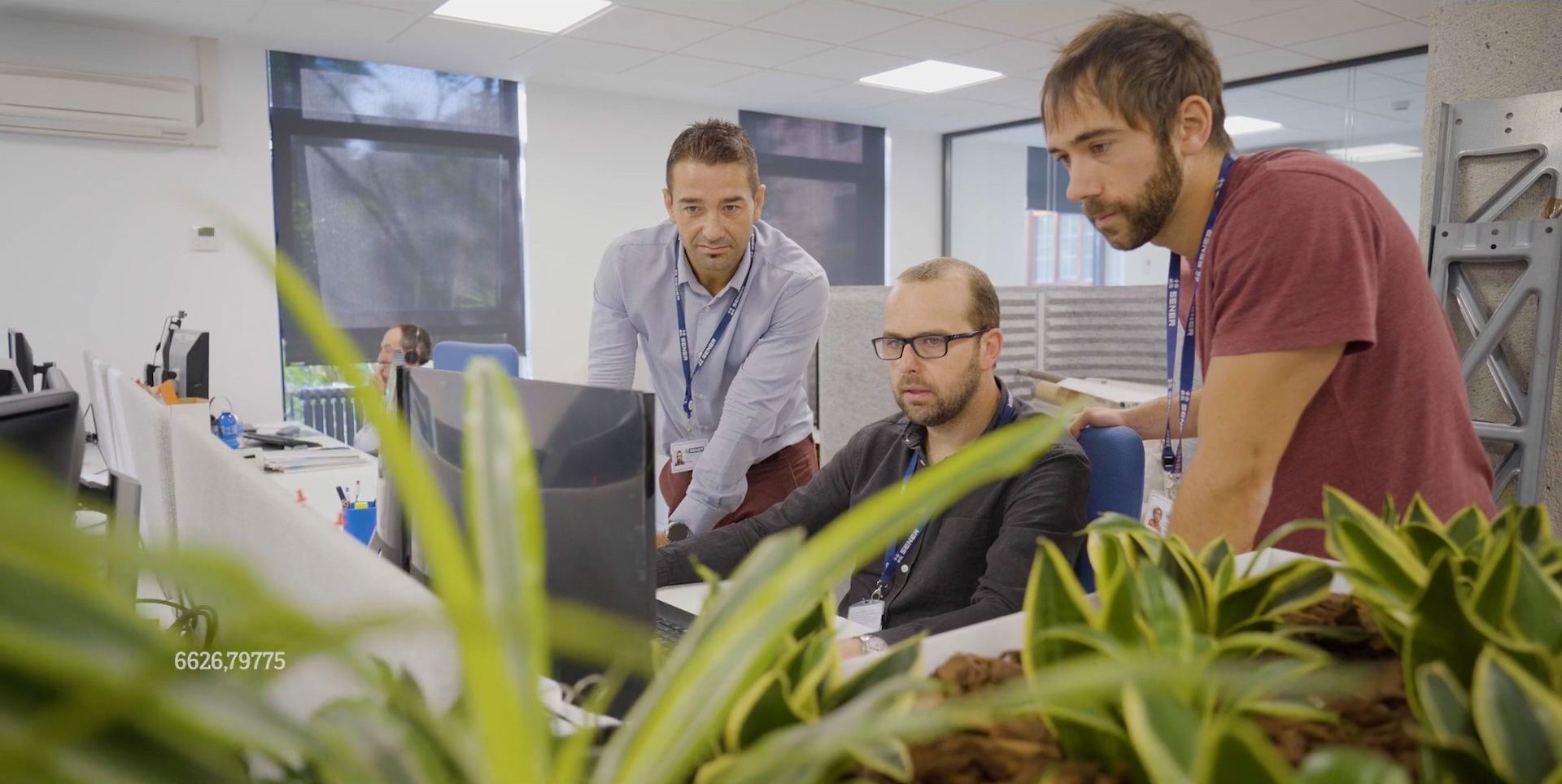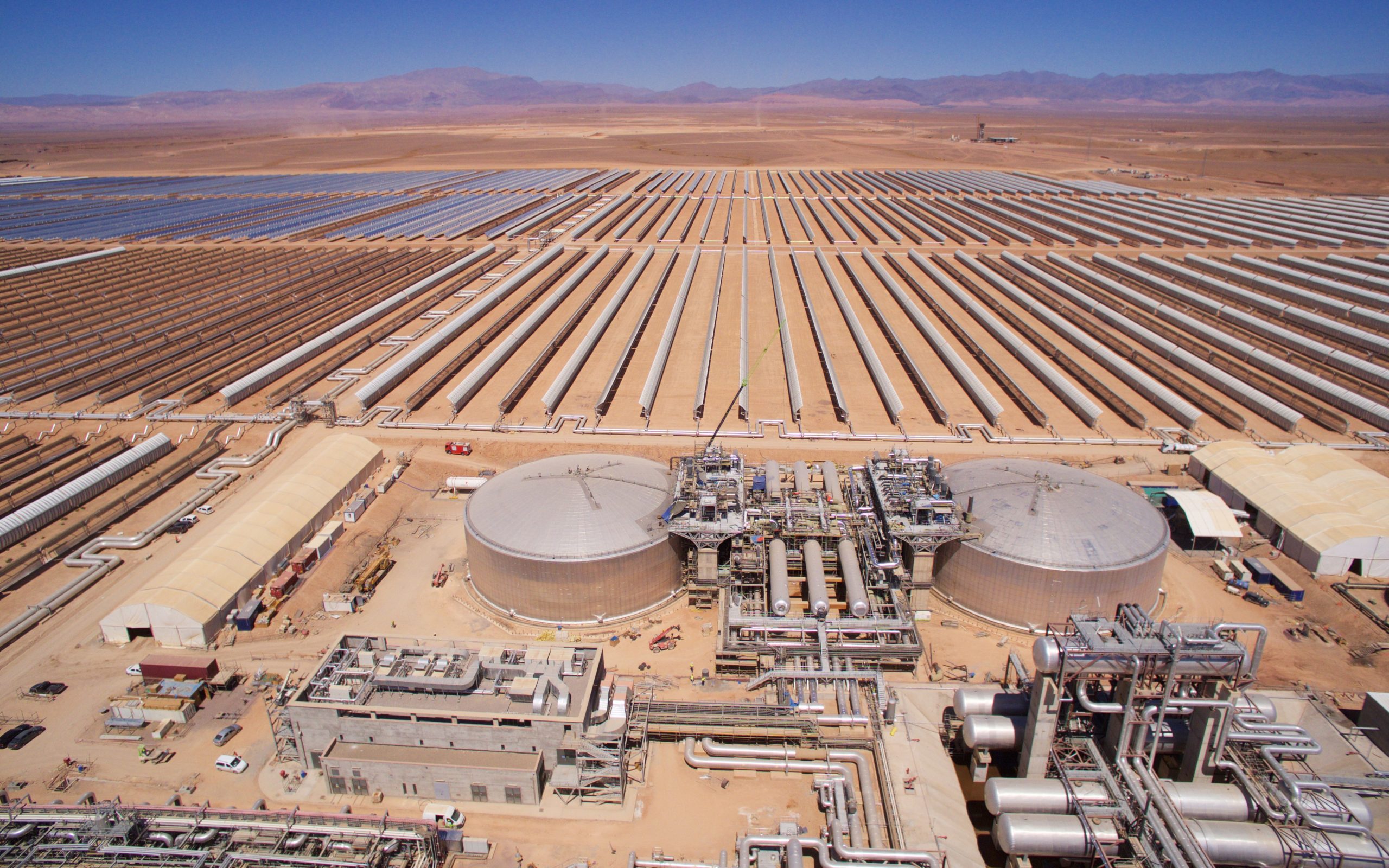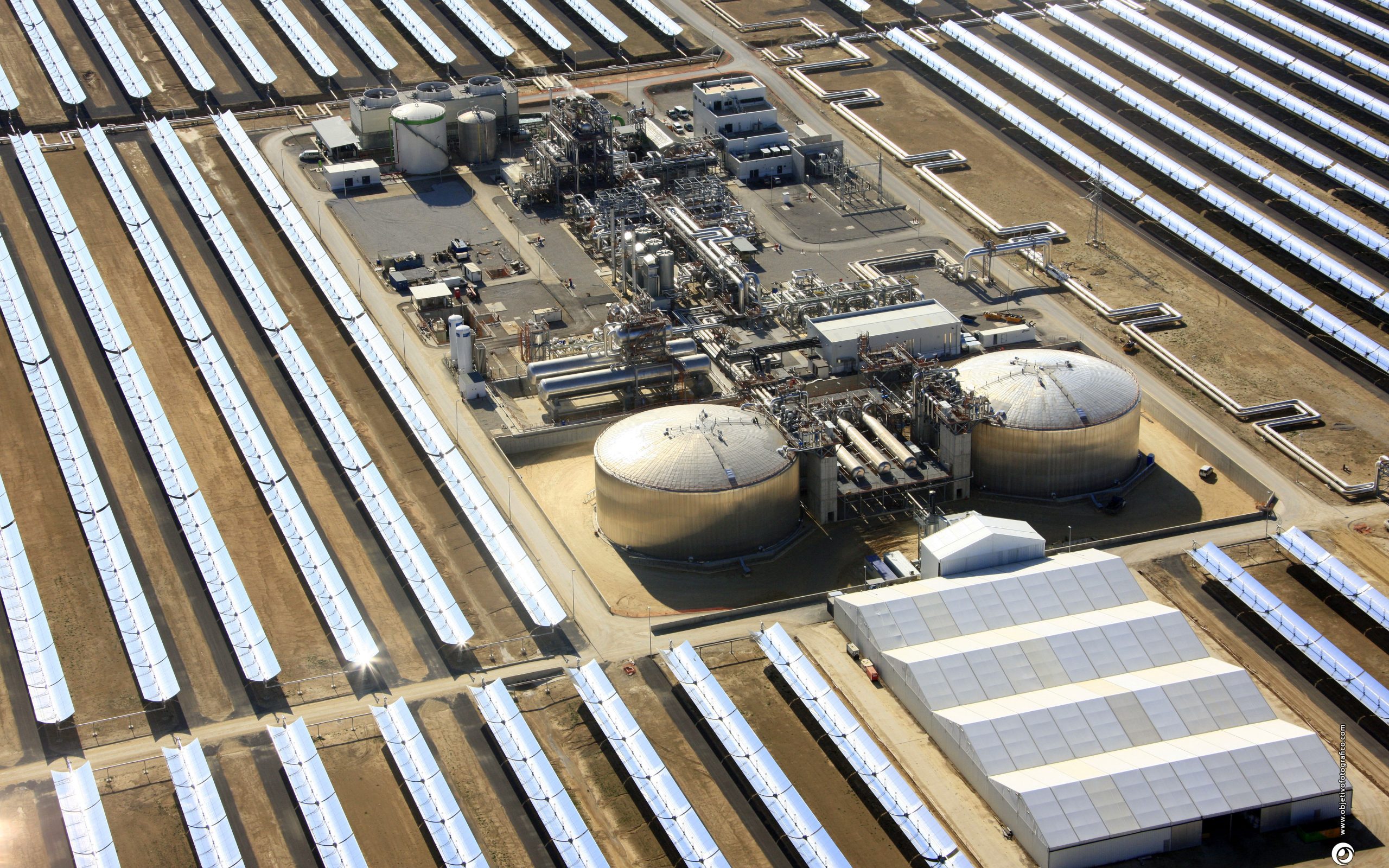







As industries and energy systems decarbonize, carbon capture, utilization, and storage (CCUS) has become an essential tool to mitigate emissions that renewable energies alone cannot eliminate. At Sener, we develop and implement integrated CCUS solutions that support the transition to a manageable, low-emission energy system. Our work includes the design of capture plants, compression and transport systems, and the geological or industrial reuse of CO₂, thus driving decarbonization and the creation of circular value.

We don’t view carbon as waste, but as a resource that should be managed and, whenever possible, reused. This approach allows our partners to reduce net emissions, improve the flexibility of their systems, and encourage investment in clean and manageable energy capacity.
We combine solid technical expertise in dispatchable energy systems, thermal cycles, and process engineering with deep knowledge of the technologies and logistics associated with CO₂ handling. Our teams design integrated systems for capturing CO₂ from combustion, fermentation, or gasification processes, and for its subsequent use in storage, enhanced production, or chemical conversion. We support our clients through all project phases: from feasibility studies and permitting to detailed design, procurement, and operational commissioning.
Our process begins by identifying emission sources and evaluating the most suitable capture technologies—such as chemical absorption, oxy-combustion, membrane separation, or cryogenic systems. From there, we define the most appropriate transport, reuse, or storage solutions, which can range from pipeline networks to geological formations or industrial applications. Thanks to our experience in hybridization, we integrate CCUS systems with battery storage, hydrogen production, and renewable generation, enhancing operational reliability and energy system balance.
Sener has developed thermal, hydraulic, and battery storage projects, integrating engineering, safety systems, MEP, and digital solutions to create resilient, low-carbon infrastructures.
We offer design, engineering, and operational support services for dispatchable plants and storage systems, ensuring flexibility and reliability in energy supply.